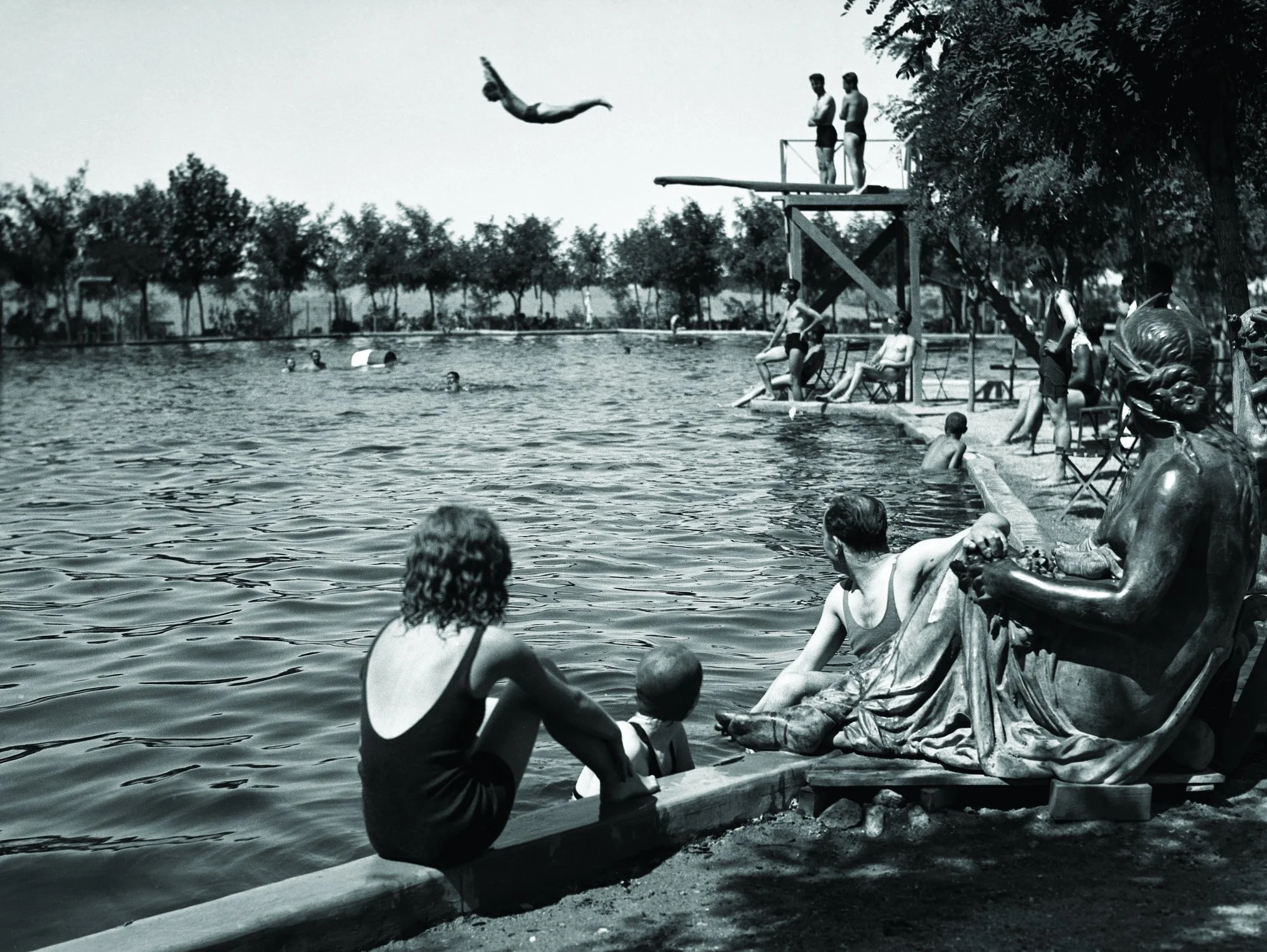Avoiding not doing the thing we don't know we must do
Maybe you don’t know what will happen until you try, but sometimes you can guess pretty accurately. (Presidency of The Republic of Turkey DOC Archive)
For years, I resisted getting the online version of my bookkeeping software.
It was a monthly fee for each business, whereas my existing desktop software had already been purchased and could be used for multiple businesses with no further expense.
Unfortunately, the desktop version of the software was buggy, unreliable, and didn't import transactions on its own. Attempting to use it required a lot of troubleshooting, and I always seemed to be accessing the wrong file or the wrong computer.
Therefore, I rarely updated my books. What that cost me—failing, on a daily basis, to ensure that I had a complete and up-to-date financial picture of my business—was easily tens or hundreds of times the monthly fee for the online version of the software. I accepted reality, signed up to have my bank account drained on the regular, and have been happy, well-informed, and solvent since then.
From time to time, I have made this mistake of basing a decision on the known costs of doing something without factoring in the unknown costs of not doing something. While we sometimes do need to make a choice without having all of the necessary information, I was operating based on a narrow view of the world and literally paid the price for it. I was operating out of habit without looking at the full picture. To correct this, I've had to identify my habits, seek counsel to get a comprehensive understanding of my options, and stay up-to-date with the data.
It's ironic that my ignorance of the economics of my choices led to a situation in which I didn't have the necessary information to relieve that ignorance. In other words, because I neglected by bookkeeping, I couldn't even see what it was costing me to neglect my bookkeeping! Now, I have a different framework. I have a much more solid grasp of the facts, and this gives me the confidence to make tough calls.
Of course, money is not the only currency we trade in. There's also time, energy, social capital, health, and more. When we're very clear on where we stand with these, we can avoid doing things that undermine our goals—and avoid not doing things that are necessary for us to attain the outcomes we're seeking.
This fall, I faced one of the most upsetting dilemmas of my entire educational career. However, I was able to make a very painful decision quickly and easily. It hurt, but it was suffering I was willing to bear in order to avoid causing more suffering and additional problems. It was essential to have the guidance of my team, clarity about our circumstances, and a strong sense of purpose. With these elements, I was able to act. I knew I was risking harm to my students, employees, and reputation by acting, but I could see that there was greater harm in refusing to act.
We may have a certain way of seeing the world and certain judgements that follow from that worldview—judgments about what's expensive, what's pointless, what's lazy, what's right, and what's wrong. Uncovering each of these to reevaluate it can yield precious insights. These allow us to spot opportunities and pitfalls we had overlooked. As a result, we can be more confident, more successful, and even happier.
There's still plenty that I don't know, and much that I get wrong. I will keep seeking instead of hiding. Over time, I will gain more knowledge—and hopefully, the wisdom to go along with it.
Have you ever reconsidered a decision or belief and benefited as a result? I'd love to hear.





